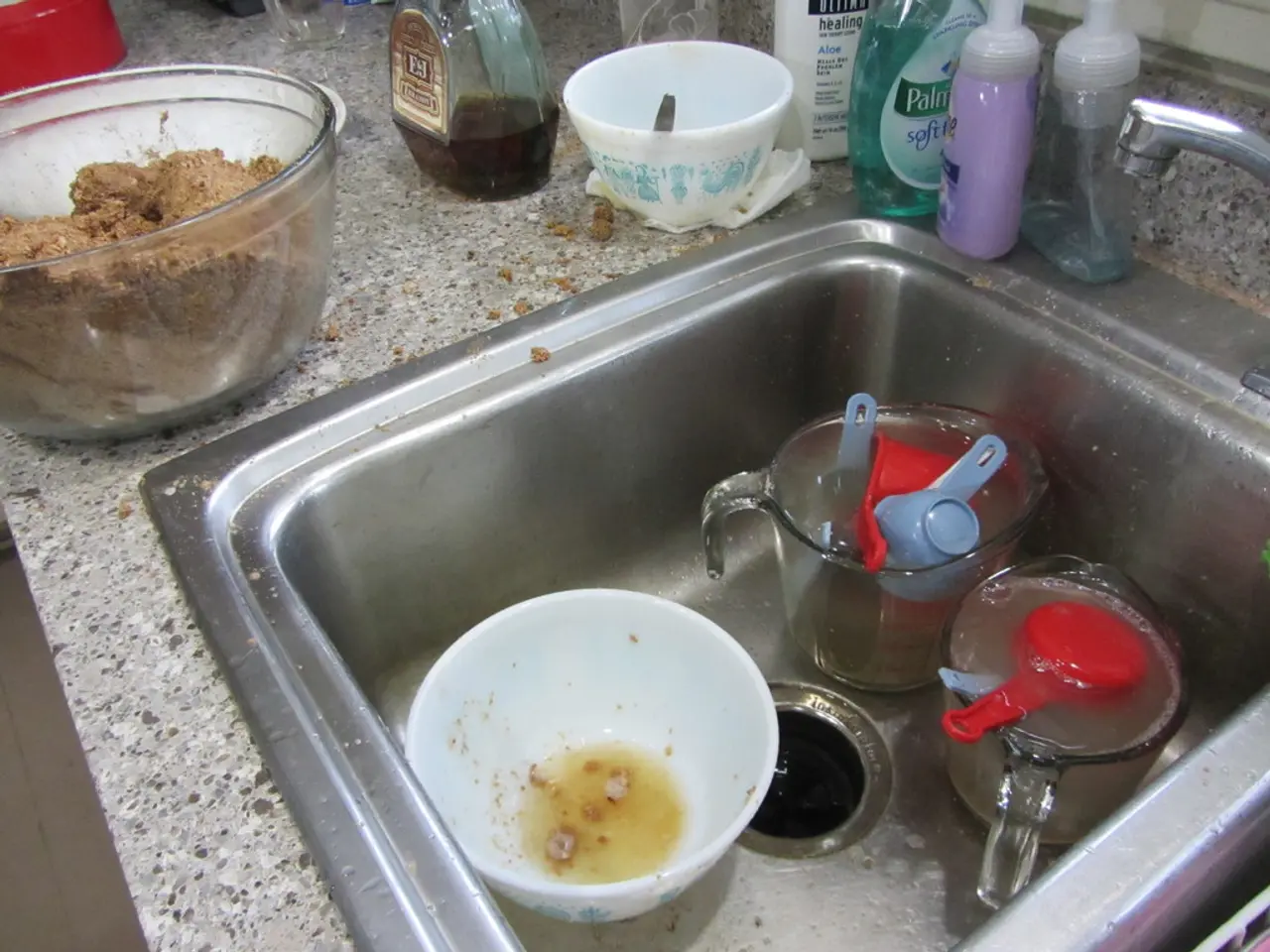Using Organic Sanitary Pads: Reasons, Guidelines, and Sources
In the realm of menstrual hygiene, a growing number of women are making the switch to organic sanitary pads. These eco-friendly alternatives offer a myriad of benefits that make them a safer, more comfortable, and environmentally friendly period protection option.
Organic sanitary pads, such as those from Bliss Naturals, are made from plant-based materials like kenaf and unbleached cotton. These materials are biodegradable, taking only 6 months for pads and 2 years for tampons to decompose, in contrast to traditional pads that can take up to 800 to 1,000 years[1]. The absence of plastic and chemicals in organic pads makes them a sustainable and environmentally friendly choice, reducing plastic waste and contributing to environmental sustainability[2].
One of the key advantages of organic pads is their chemical-free and non-toxic nature. Unlike conventional pads, organic pads are free of synthetic superabsorbents (SAP), fragrances, dyes, chlorine bleach, and pesticides[1]. This reduction in potentially irritating or harmful chemicals can lead to better comfort, breathability, and improved hygiene[1][2].
Organic cotton, the primary material used in organic pads, is naturally soft and breathable. This property allows better air circulation, helping to prevent the warm, moist environment that promotes bacterial growth, reducing odor, lessening irritation, and maintaining healthy vaginal pH[1][2].
Moreover, organic pads are hypoallergenic and gentler on sensitive skin. The absence of artificial fragrances and harsh chemicals lowers the risk of rashes, allergies, and infections such as UTIs[1][4].
The environmental benefits of organic pads are significant. They are biodegradable and made from sustainable materials, reducing plastic waste compared to traditional pads that can be up to 90% plastic[2][3]. Even the packaging is often compostable, further contributing to environmental sustainability.
In terms of absorbency, high-quality organic pads use natural fibers and layering techniques to absorb menstrual flow efficiently without synthetic absorbents, sometimes offering better moisture wicking and breathability than pads made with plastic layers[1][2].
While organic pads may initially seem more expensive, they can be comparable in price to regular pads, offering the benefit of being chemical-free and environmentally friendly[1]. Furthermore, organic cotton pads are extremely absorbent, which may result in fewer products being used per period[1].
Organic sanitary pads are gaining popularity in India, with brands like Saathi, Vivanion, Carmesi, Heyday, Everteen, Nua, Bliss Naturals, and others offering eco-friendly, biodegradable, and chemical-free options[5].
In conclusion, organic sanitary pads offer safer, more comfortable, hypoallergenic, and environmentally friendly period protection without sacrificing absorbency or effectiveness[1][2][4]. By choosing organic, women can make a positive impact on their health and the environment.
References: [1] https://www.ncbi.nlm.nih.gov/pmc/articles/PMC6415897/ [2] https://www.ncbi.nlm.nih.gov/pmc/articles/PMC6701559/ [3] https://www.ncbi.nlm.nih.gov/pmc/articles/PMC6523730/ [4] https://www.ncbi.nlm.nih.gov/pmc/articles/PMC6878301/ [5] https://www.thebetterindia.com/170333/organic-sanitary-pads-india-brands/
- In the realm of health-and-wellness and women's health, more women are opting for organic sanitary pads from brands like Bliss Naturals due to their eco-friendly, comfortable, and safer properties.
- As environmental science and lifestyle choices evolve, organic pads, such as those made by brands like Saathi and Everteen, are gaining popularity in India due to their biodegradable and chemical-free composition.
- The fashion-and-beauty industry isn't the only sector focusing on sustainability; even skin-care and home-and-garden products, like organic sanitary pads, are being crafted with environmentally friendly materials like kenaf and unbleached cotton.
- Today, environmental concerns have extended beyond climate-change and home-and-garden practices to include health-and-wellness items like organic sanitary pads, which decompose quickly and are gentle on the skin, reducing plastic waste and potential health risks.




